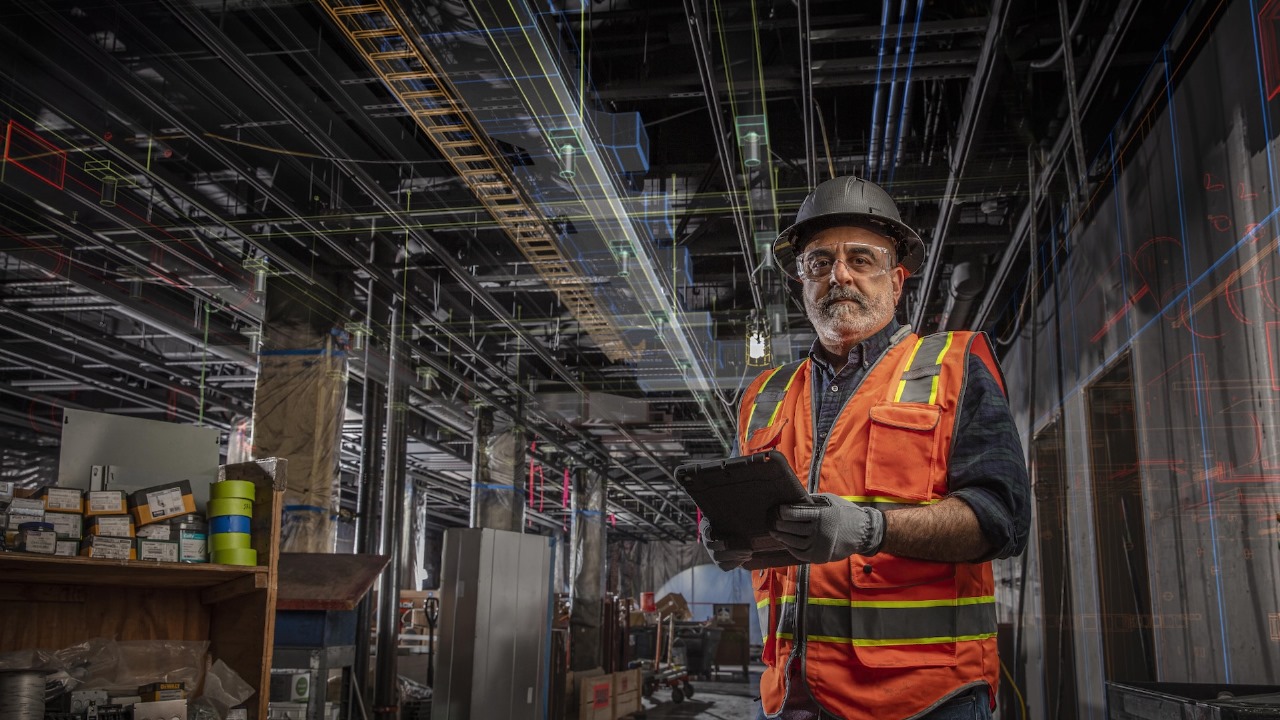Trade Schools in Hawaii: The Role of Trade Schools in Hawaii in Supporting Local Industry

Trade schools in Hawaii play a crucial role in developing the skilled workforce necessary to sustain and grow the state’s diverse industries. With Hawaii’s unique economic landscape, including tourism, construction, agriculture, and renewable energy sectors, trade schools in Hawaii provide tailored training programs that meet the specific needs of local employers.
The Importance of Trade Schools in Hawaii
Trade schools in Hawaii offer practical education that focuses on hands-on skills, making them a vital resource for the local labor market. Unlike traditional four-year universities, trade schools in Hawaii emphasize technical and vocational training, preparing students to enter the workforce quickly and efficiently. This focus ensures that industries across the islands have access to trained professionals who understand both the technical requirements and the cultural nuances of Hawaii’s economy.
Meeting Industry Demands
Local industries rely heavily on trade schools in Hawaii to fill positions that require specialized knowledge and technical skills. For example, the construction industry benefits from trade schools in Hawaii that provide training in carpentry, electrical work, plumbing, and HVAC systems. This direct pipeline between trade schools in Hawaii and employers helps reduce skill gaps and supports the state’s infrastructure growth.
Supporting Economic Growth
By equipping students with job-ready skills, trade schools in Hawaii contribute significantly to economic growth. Graduates of trade schools in Hawaii often find employment shortly after completing their programs, which helps reduce unemployment and strengthens the overall economy. Furthermore, many trade schools in Hawaii collaborate with local businesses to offer apprenticeships and internships, further enhancing job placement opportunities.
Key Programs Offered by Trade Schools in Hawaii
Trade schools in Hawaii provide a wide range of programs tailored to the state’s most critical industries. These programs ensure that students receive relevant training aligned with local workforce needs.
Construction and Building Trades
The construction sector is one of the largest employers in Hawaii, and trade schools in Hawaii offer comprehensive programs in building trades. Students learn everything from blueprint reading and safety protocols to specialized skills like welding and concrete finishing. Trade schools in Hawaii ensure that graduates are prepared for certifications and licenses required by the state.
Renewable Energy and Sustainability
With Hawaii’s commitment to clean energy, trade schools in Hawaii have increasingly incorporated renewable energy training into their curricula. Programs focus on solar panel installation, energy auditing, and sustainable building practices, enabling students to contribute to Hawaii’s green energy initiatives.
Healthcare and Technical Support
Trade schools in Hawaii also support the healthcare sector by training students in medical assisting, dental hygiene, and emergency medical technician (EMT) programs. These skilled professionals are essential for maintaining Hawaii’s healthcare services, particularly in rural and underserved areas.
Benefits of Choosing Trade Schools in Hawaii
Opting for trade schools in Hawaii offers numerous advantages for students and the local community alike.
Affordable and Accelerated Education
Trade schools in Hawaii typically provide more affordable tuition compared to four-year colleges and offer shorter program durations. This affordability allows more residents to access quality education without accumulating significant debt, while accelerated programs help students enter the workforce faster.
Strong Community Connections
Trade schools in Hawaii maintain strong relationships with local businesses and industry leaders. This connection ensures that the curriculum stays relevant and that students have ample opportunities for hands-on experience through apprenticeships and internships.
Job Security and Career Advancement
Graduates of trade schools in Hawaii often enjoy strong job security due to the high demand for skilled tradespeople in the state. Additionally, many trade schools in Hawaii offer continuing education and advanced certifications, enabling workers to advance their careers.
Conclusion
Trade schools in Hawaii are indispensable in supporting the local industry by providing a steady stream of skilled workers tailored to the state’s unique economic needs. From construction and renewable energy to healthcare, trade schools in Hawaii ensure that students receive practical, affordable education that leads directly to employment. By continuing to invest in and expand these programs, Hawaii can strengthen its workforce, support economic growth, and maintain its position as a leader in sustainable development and industry innovation. Trade schools in Hawaii truly form the backbone of the state’s thriving local industries.